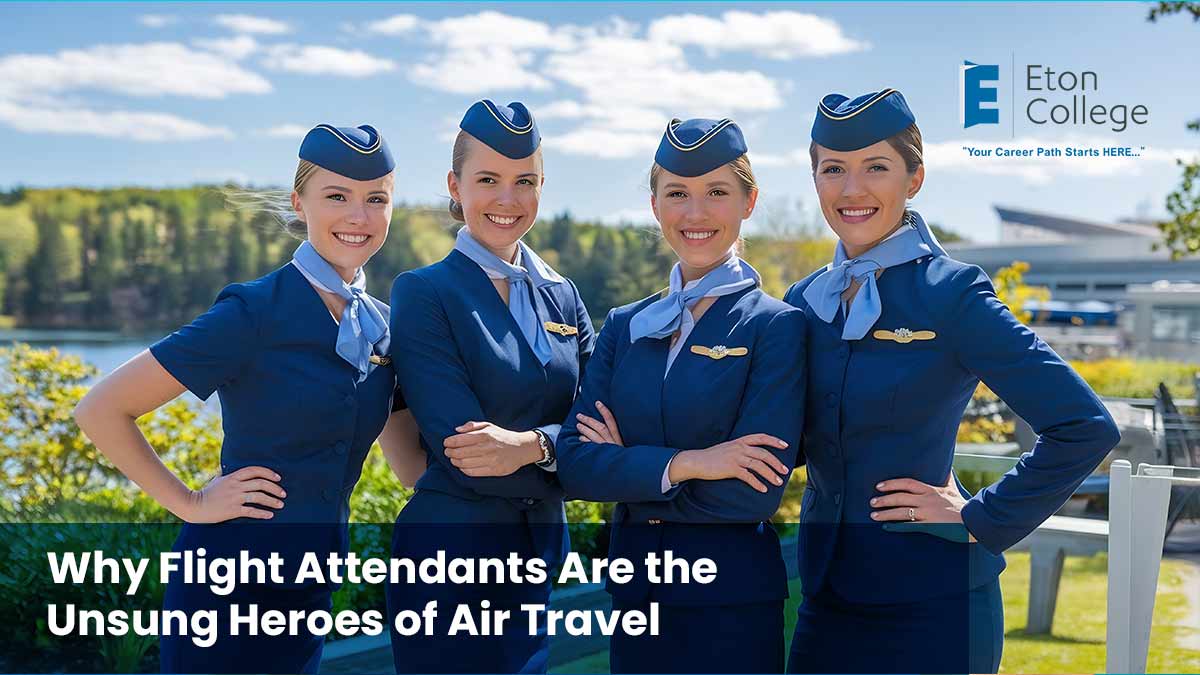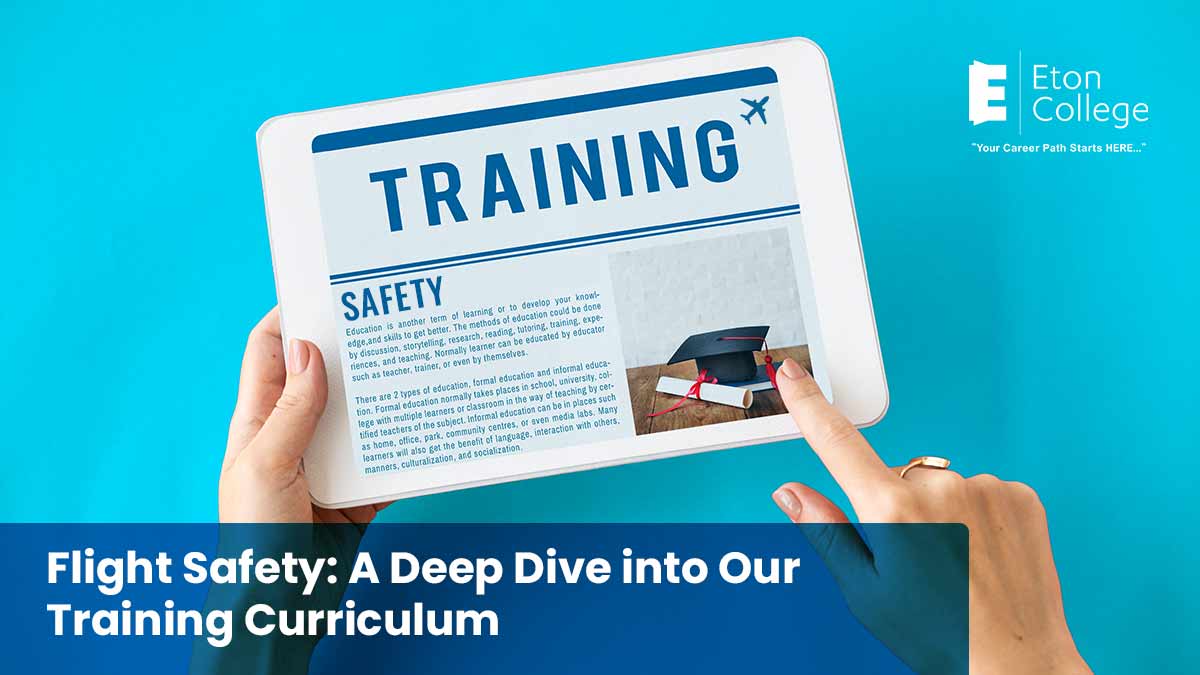- Flight attendants must be attentive to passengers’ preferences and safety needs, just as they were with Queen Elizabeth II’s personal requests.
- Clear communication is vital for delivering safety instructions, addressing concerns, and working with the crew during flights.
- Providing top-notch customer service, like anticipating passenger needs and maintaining professionalism, is essential for flight attendants.
- Flight attendants need to make quick, informed decisions in emergencies to ensure passenger safety.
- Maintaining passenger privacy and confidentiality, especially with high-profile individuals, is a key part of a flight attendant’s role.
When it comes to travel, even royalty has preferences, and Queen Elizabeth II was no exception. Flight attendants who served the Queen provided insights into her personal travel habits, offering a glimpse into her routine during flights. These stories reveal the level of attention and professionalism required to serve such a high-profile figure—skills that are essential for anyone aspiring to become a flight attendant.
The Queen’s Love for Tradition and Simplicity
One key detail shared by flight attendants was Queen Elizabeth’s love for tradition. Her preferred drink on flights was a cup of Darjeeling tea, served in fine bone china. Preparing it to her exact standards—perfect brew time, temperature, and presentation—was essential. This attention to detail is something flight attendants must apply for all passengers, ensuring each person’s requests are handled with care and precision.
Flight attendants don’t just serve food and drinks; they must anticipate and meet passenger needs to create a seamless travel experience. This level of attentiveness is critical, especially when catering to high-profile passengers like the Queen.
Simple Meals, High Standards
Unlike the extravagant meals one might expect for royalty, Queen Elizabeth preferred simple, traditional dishes while flying, avoiding garlic and heavy sauces. Her taste reflected consistency, and the flight attendants needed to ensure her meals were prepared exactly as she liked.
For flight attendants, adapting to different passengers’ preferences—whether simple or elaborate—is key. Part of becoming a flight attendant involves mastering the ability to cater to varied dietary needs while maintaining high standards. This skill is crucial in ensuring that all passengers feel valued.
The Queen’s Personal Comforts
Comfort was essential to Queen Elizabeth, even during flights. She always carried her own pillow, ensuring she could rest easily. This detail highlights the importance of making passengers feel comfortable, particularly on long-haul flights.
Flight attendants play a key role in ensuring passenger comfort, whether by adjusting seats, providing blankets, or anticipating needs before they’re voiced. When you become a flight attendant, ensuring a comfortable experience for passengers is a core responsibility.
The Importance of Discretion and Professionalism
Flight attendants are often privy to private moments and conversations that require discretion, especially when serving notable figures like Queen Elizabeth. Maintaining professionalism and confidentiality is essential in earning the trust of passengers, no matter their status.
The flight attendants who shared these insights about the Queen’s travel habits respected her privacy and professionalism at all times. This level of discretion is something every flight attendant must develop throughout their career.
What Aspiring Flight Attendants Can Learn
The experiences of the flight attendants who served Queen Elizabeth offer valuable lessons for anyone looking to become a flight attendant. The role is about more than just serving food—it’s about creating a memorable, seamless experience by understanding and anticipating passenger needs.
For those aspiring to become a flight attendant, there are several key takeaways from this story:
- Attention to Detail: From serving tea at the perfect temperature to ensuring that meals meet specific dietary preferences, attention to detail is a critical skill for flight attendants.
- Adaptability: Each flight brings a new set of passengers, each with their own needs and preferences. Being adaptable and flexible is essential to providing excellent service.
- Discretion: Flight attendants must maintain a high level of professionalism and discretion, particularly when serving high-profile passengers.
- Customer Service: Providing top-notch customer service is at the core of the flight attendant’s role. Ensuring that passengers feel valued and comfortable is key to success in this profession.
- Comfort and Safety: Beyond serving food and drinks, flight attendants play a crucial role in ensuring passenger comfort and safety, whether through providing physical assistance or managing emergency situations.
The Path to Becoming a Flight Attendant: Final Thoughts
Becoming a flight attendant is more than just a job; it’s an opportunity to make a difference in passengers’ travel experiences, whether they are royalty or everyday travelers. The story of Queen Elizabeth II’s personal preferences reveals the level of care, professionalism, and attention to detail required to excel in the role.
Aspiring flight attendants can learn a great deal from these insights, as they highlight the importance of customer service, adaptability, and discretion. Whether serving tea to a queen or ensuring the comfort of a nervous traveler, flight attendants have the unique ability to impact the lives of those they serve, making it a rewarding and fulfilling career.
For those who wish to become a flight attendant, these skills are just the beginning of a career that offers endless opportunities for growth, travel, and personal development. By enrolling in Eton College’s Flight Attendant Preparation Program, you’ll gain the skills, certification, and experience necessary to thrive in this high-demand profession, preparing you for the challenges and rewards of life in the skies.
FAQs
-
What are some essential skills a flight attendant must have?
Flight attendants must possess strong communication, attention to detail, customer service, decision-making, and teamwork skills. These are essential for ensuring passenger safety, comfort, and satisfaction during flights.
-
Why is attentiveness important for flight attendants?
Attentiveness allows flight attendants to spot potential safety risks, anticipate passenger needs, and handle emergencies efficiently, ensuring a smooth and safe flight experience.
-
How important is communication in a flight attendant’s role?
Communication is vital for delivering clear safety instructions, addressing passenger concerns, and coordinating with the crew to ensure smooth operations during the flight.
-
What customer service skills are required to become a flight attendant?
Flight attendants need to provide excellent customer service by handling passenger concerns with professionalism and grace, ensuring that all travelers feel comfortable and valued.
-
How do flight attendants handle emergencies?
Flight attendants are trained to make quick, informed decisions during emergencies, such as medical issues, security threats, or inflight conflicts, to ensure the safety of all passengers.




